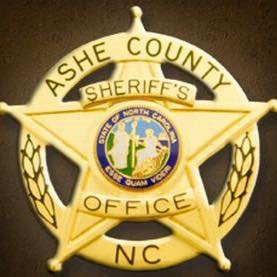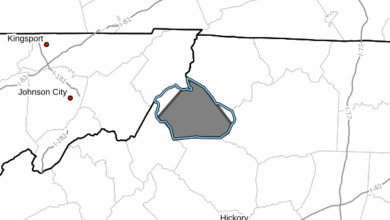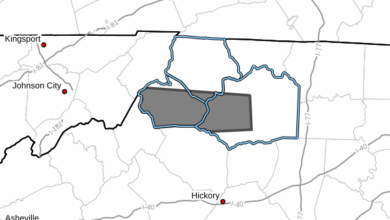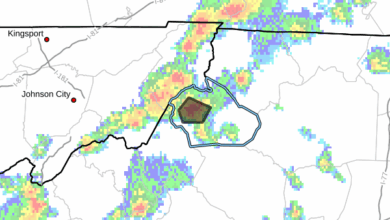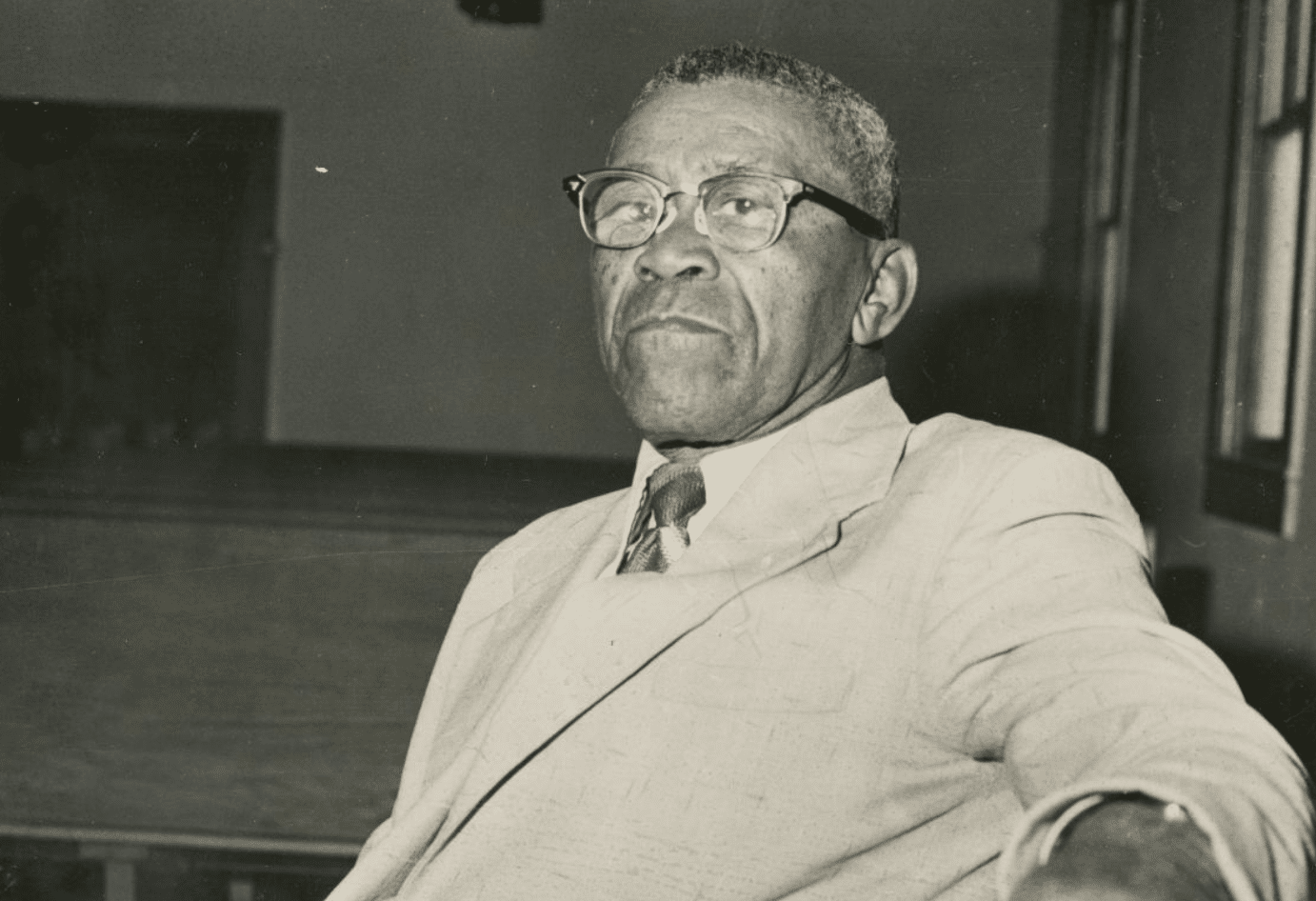
Last Updated on February 21, 2022 12:40 pm
As part of ongoing activities associated with the Boone 150 celebrations in 2022, marking the 150th anniversary of Boone’s official incorporation as a town on January 23, 1872, the Watauga County Historical Society (WCHS) has established the Watauga County Historical Society Hall of Fame. Throughout 2022, WCHS will name twelve individuals or groups—one each month—as members of the inaugural class of the WCHS Hall of Fame.
For the month of February 2022, the WCHS is delighted to announce that the Reverend Ronda David Horton (1895-1986) has been named as the next inductee of this inaugural class of the WCHS Hall of Fame, which honors individuals, either living or dead, who have made significant and lasting contributions to Watauga County's history and/or literature, including those whose efforts have been essential to the preservation of Watauga County's history and/or literature. Honorees need not have been residents of Watauga County. The WCHS is particularly interested in honoring individuals who meet the above criteria but who may have been overlooked in traditional accounts of Watauga County's history and literature, including women and people of color. Selections for this inaugural class were made from nominations submitted by members of the Digital Watauga Project Committee (DWPC) of the WCHS. Beginning in 2023, the WCHS will also consider nominations from members of the public, which in turn will be evaluated by the DWPC.
A Boone native, Ronda David Horton was the eldest of three children of June Horton and Bettie (Grimes) Horton. In oral history interviews from the 1970s and 1980s, Reverend Horton reported that his paternal grandmother had been enslaved in Caldwell County, while his mother was the descendant of Native Americans and Whites who had been in the Watauga County vicinity for at least two generations.* As a child, Reverend Horton was initially educated at the Boone Chapel, a Black Methodist church on the Junaluska hillside, by Ralph and Frazier Horton, as well as Reverend Coy Williams. When the Mennonites established a school at the Elk Park orphanage, around 1910, Horton boarded there and continued his education. When the Krimmer Mennonite Brethren Conference began holding services in the Junaluska community’s Black schoolhouse on Church Street (then African Street) about 1917, Horton returned to Boone and joined the new congregation. Their new church building was completed the following year.
As a teenager, Horton worked as a day laborer on a farm during the summers and in the coal fields of Virginia at other times of the year. He also worked on the original Watauga Democrat hand press as an ink roller. Horton served briefly with the 155th Depot Brigade at Camp Lee in Petersburg, Virginia, toward the end of World War I. Thereafter, he returned to Boone and found work hauling and laying gravel on the streets of Boone. In the early 1920s, he was contracted to grade South Depot Street during the “Watch Boone Grow” campaign. Later that decade, he contracted out his horse team to log for the Dewey Wright Lumber Company and others along the New River, and he also drove for the Gardner Livery Stable in Elk Park that decade. From the late 1920s through the 1940s, Horton served on the school committee for Boone’s Black schools. In the 1930s, Horton also served as assistant to the Reverend Peter Siemens at the Mennonite Brethren Church in Elk Park and began preaching in 1932. Horton then substituted for Siemens as Moderator for four years beginning in 1934, during which time he started the Cove Creek Mennonite Church in Vilas. After Reverend Siemens’s return in 1938 and subsequent resignation due to ill health, Reverend Horton took over Siemens’s position as Moderator of the North Carolina District Conference of Mennonite Brethren Churches, serving in that role from 1955 to 1986.
At Boone, Horton also worked briefly at the Daniel Boone Hotel before starting his own ice and coal business on North Depot Street, at the base of the Junaluska community, serving both Black and White patrons and earning Horton a town-wide reputation as a savvy and successful businessman. He was also a renowned and respected fox hunter who kept hounds on his property on the Junaluska hillside. But it was his leadership in the Mennonite Brethren Church that made Reverend Horton stand out most. Known as the “Moses of the Mountains,” Horton baptized many in the Junaluska community and elsewhere in the county, prompting the current pastor of the Boone Mennonite Brethren Church, the Reverend Mike Mathes, to call Reverend Horton the “heartbeat of the community” for his leadership, service, and mentorship to Boone’s Junaluska residents. He has been publicly credited by dozens of Junaluska community members for keeping the community strong and cohesive while serving as a role model for the community’s youth during the difficult years of segregation and racial injustice in the mid-twentieth century.
The WCHS is delighted to honor Reverend Horton for his innumerable contributions to Watauga County’s and Boone’s history, as well as his lifelong commitment to guiding and preserving the Junaluska community.









